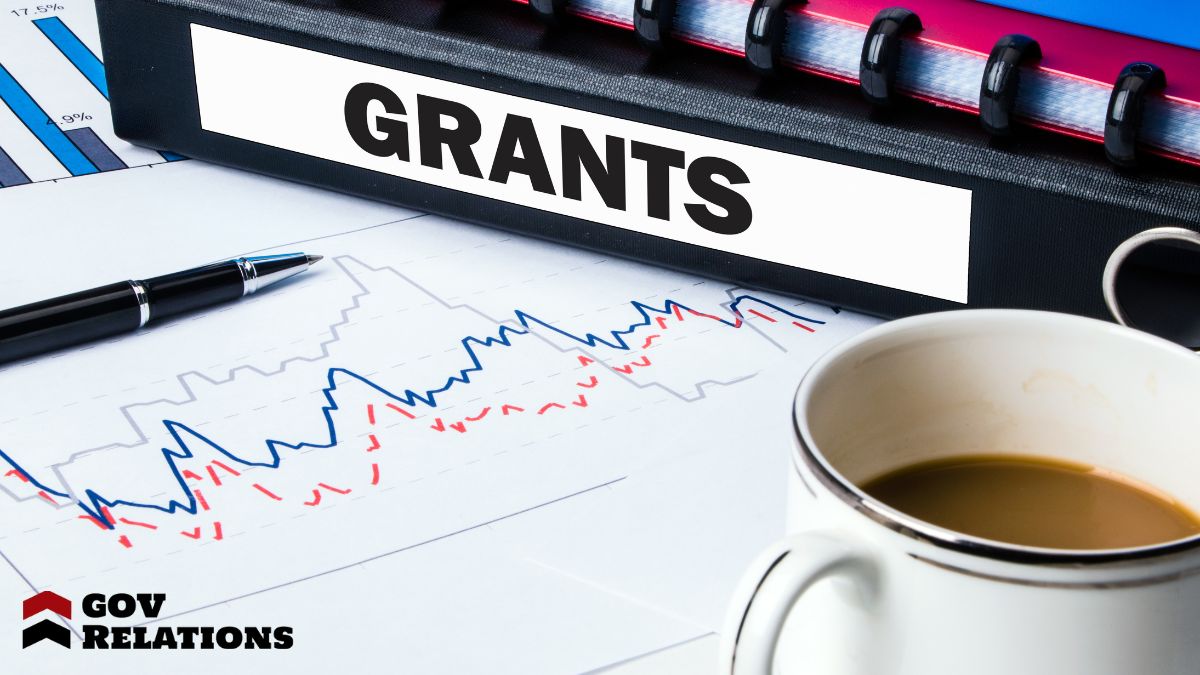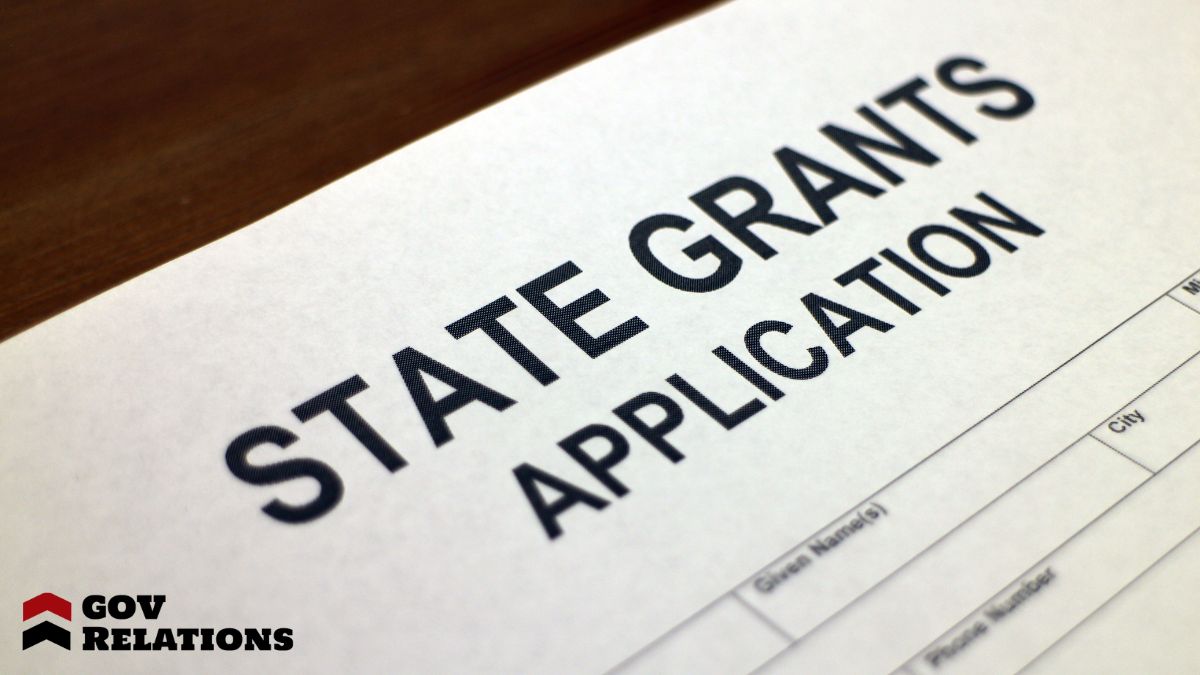If your disaster relief grantFinancial assistance provided to support recovery and rebuilding efforts following a natural disaste... application was denied, you might be wondering if there's a way to challenge that decision. The good news is that you can appeal the denial by following a structured process. This involves understanding the reasons for denial, preparing a compelling appeal letter, and possibly seeking expert guidance. But what’s the best way to prepare for this challenge, and how can you maximize your chances of success?
Key Takeaways
- Review the denial letter for specific reasons and follow any appeal instructions provided.
- Gather necessary documentation, including damage assessments and repair estimates, to support your appeal.
- Craft a clear, concise appeal letter addressing the denial reasons and providing evidence.
- Seek assistance from advocacy groups or legal experts to strengthen your appeal.
- Prepare thoroughly for hearings, focusing on unmet needs and addressing denial reasons directly.
Common Reasons for Disaster Relief Grant Denials

When your disaster relief grantA sum of money given by a government or other organization for a particular purpose, usually without... application gets denied, it can be frustrating, but understanding some common reasons behind these denials can help you address any issues.
Often, applications are turned down due to incomplete or incorrect information. Double-checking all details guarantees accuracy.
Missing documentation is another frequent culprit. Ascertain that every required document is included and properly filled out.
Sometimes, applications don’t meet eligibility criteriaThe specific requirements and conditions that applicants must meet to qualify for a grant., such as income thresholds or disaster impact levels. Carefully reviewing the criteria before applying can prevent this.
Also, keep in mind that limited funding can lead to denials, as funds may be exhausted before all needs are met.
Reviewing Your Denial Letter for Key Information
Understanding the reasons behind a denied disaster relief grant can guide you in correcting errors, but the next step is equally important.
Carefully review your denial letter to uncover the key details that can shape your appeal. Focus on specific denial reasons, which might include missing documents, eligibility issues, or deadlines.
Pay attention to any instructions or deadlines included in the letter regarding the appeals process. This information is vital for taking timely action.
Look for the contact details of the agency representative handling your case. They can clarify any confusing points.
Gathering Essential Documentation for Your Appeal
Before diving into the appeal process, make sure you've gathered all the essential documentation to support your case.
Start by collecting copies of your original application and the denial letter. These documents will help identify any discrepancies or missing information that might've contributed to the denial.
Gather any additional paperwork that substantiates your need for relief, like damage assessments, repair estimates, or photos of the affected property.
Include receipts for any temporary repairs or emergency expenses you’ve incurred. If possible, obtain letters from contractors or local officials verifying the extent of the damage.
Confirm each document is organized and easily accessible to streamline your appeal. Having a solid foundation of evidence will strengthen your case and improve your chances of success.
Crafting a Strong Appeal Letter
When crafting your appeal letter, clearly define your situation to make your case compelling.
Provide supporting documentation to strengthen your argument and highlight any errors in the initial decision.
Ensuring your appeal is clear and well-supported increases your chances of success.
Clearly Define Your Situation
To craft a strong appeal letter, start by clearly defining your situation. Identify the specific disaster that impacted you, such as a flood, hurricane, or wildfire, and briefly explain its effect on your life.
Be transparent about the challenges you face, whether it’s damage to your home, loss of income, or other personal hardships. It’s important to be honest and straightforward, ensuring the reader fully grasps your circumstances.
Focus on the most critical aspects without overwhelming details. Use concise language to paint a vivid picture of your reality.
Avoid vague statements; specificity helps convey the urgency and legitimacy of your claim. By laying out a clear, coherent narrativeThe main body of the grant proposal, detailing the project's background, objectives, methods, signif..., you increase the chances of your appeal being understood and reconsidered.
Provide Supporting Documentation
Having laid out your situation clearly, strengthen your appeal by providing robust supporting documentation.
Start by gathering any records that substantiate your claims, such as photographs of damages, repair estimates, or receipts for expenses incurred due to the disaster. Include official reports, like police or fire department records, that support the timelineA schedule outlining the key activities, milestones, and deadlines throughout the project's duration... and extent of the disaster’s impact.
Don’t forget personal statements or affidavits from witnesses who can confirm your situation.
Be sure to organize these documents logically, perhaps in chronological order, to make it easy for the reviewer to follow your narrative. Clearly label each document and reference them in your appeal letter.
This approach not only adds credibility to your appeal but also demonstrates your proactive efforts to substantiate your claims.
Highlight Errors in Decision
Although receiving a denial can be disheartening, it’s essential to carefully examine the decision for any errors that might've influenced the outcome.
By identifying these mistakes, you can strengthen your appeal letter and increase your chances of success. Start by reviewing the denial letter thoroughly.
Look for any inaccuracies or misunderstandings that could have affected the decision. Common errors might include:
- Incorrect information: Check if any details about your situation were misrepresented.
- Missing documentation: Verify all required documents were submitted and noted.
- Misinterpretation: Assess if the reviewer misunderstood your application.
- Policy errors: Verify if the decision aligns with grant policies and criteria.
Addressing these errors directly in your appeal can make a compelling case for reconsideration.
Meeting Deadlines and Submission Guidelines
When appealing a denied disaster relief grant, it’s crucial to follow deadlines and submission guidelines meticulously to guarantee your appeal is considered.
Start by noting the appeal deadline stated in your denial letter. Missing it can disqualify your case. Gather all required documents and verify they meet specified formats and content.
Double-check that you're addressing any specific points the appeal instructions request. Submission guidelines might dictate electronic or paper submissions, so adhere strictly.
Proofread your appeal for errors and clarity. Keep copies of everything you submit for your records. Timely, accurate submissions can greatly influence your chances of success.
If you're unsure about any step, don't hesitate to reach out to the grant provider for clarification.
Seeking Assistance From Legal or Advocacy Experts
When you're appealing a denied disaster relief grant, don't hesitate to reach out for help from legal experts or advocacy groups.
They can guide you through the complex process and increase your chances of success.
Finding the right support can be essential, so consider seeking legal representation or contacting advocacy organizations specializing in disaster relief.
Finding Legal Representation
Steering through the complexities of an appeal after your disaster relief grant has been denied can be intimidating, but securing legal representation or assistance from advocacy experts can greatly enhance your chances of success.
Finding the right legal support requires careful consideration. Here’s how you can start:
- Research Local Resources: Identify legal aid organizations in your area that specialize in disaster relief cases. They often provide free or low-cost services.
- Consult Bar Associations: Reach out to state or local bar associations for referrals to qualified attorneys experienced in appeals.
- Evaluate Experience: Choose a lawyer with a proven track record in handling appeals related to disaster relief.
- Ask About Fees: Clarify the fee structure beforehand to avoid unexpected costs.
These steps can guide you toward effective legal assistance.
Advocacy Group Support
Although steering through the aftermath of a denied disaster relief grant can be overwhelming, advocacy groups offer a lifeline by providing essential support and guidance.
You don't have to navigate this complex process alone. These groups understand the intricacies of grant applications and appeals, offering expertise that can help you strengthen your case. They can review your application, pinpoint areas needing improvement, and suggest effective strategies for your appeal.
Additionally, advocacy groups often work closely with legal experts who can provide additional insights and support. By reaching out to these groups, you gain access to a network of professionals dedicated to ensuring you receive the assistance you deserve.
Preparing for a Potential Hearing or Interview

Before you step into a potential hearing or interview for your denied disaster relief grant, preparation is key. Start by gathering all necessary documents and evidence supporting your case. Make certain you understand the specific reasons for your denial, as this will help you address them directly during your presentation.
Practice explaining your situation clearly and concisely, focusing on the unmet needs caused by the disaster.
Here are some steps to help you prepare:
- Review all documents: Confirm everything is complete and clearly presented.
- Practice your presentation: Rehearse your key points to stay focused during the hearing.
- Anticipate questions: Think about potential questions and prepare your answers.
- Stay calm and confident: Approach the hearing with a clear mind and positive attitude.
Being well-prepared increases your chances of success.
Conclusion
You can appeal a denied disaster relief grant application by thoroughly understanding the reasons for the denial and gathering the necessary documentation. Craft a compelling appeal letter that addresses the specific issues raised. Don't forget to pay close attention to deadlines and submission guidelines. Seeking help from legal or advocacy experts can strengthen your case. By being well-prepared and communicating your needs clearly, you greatly boost your chances of a successful appeal.







